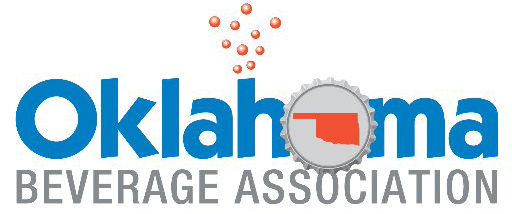Bone Health: Maintaining Strong, Healthy Bones Through Diet and Exercise
Strong bone health is an important component of strong overall health. Diet and exercise play a key role in bone health, with calcium intake being one of the most important considerations. This is especially true for adolescents whose bodies – and bones – are still growing.
According to the Institute of Medicine (IOM) of the National Academy of Sciences, the daily recommended calcium intake for adolescents 9 to 18 years is 1300 mg. Unfortunately, many young people are not consuming enough calcium to develop strong bones. They need to be encouraged to drink milk and calcium-fortified beverages.
Beverage Options to Build Bone Strength
The beverage industry recognizes that consumers, especially younger people, need sufficient amounts of calcium in their diet and the industry has developed many calcium and Vitamin D fortified products to provide healthy options for consumers to help meet this need.
Soft Drink Consumption Not an Issue in Bone Health
Calcium deficiencies in children and adolescents most likely result from an inadequate total diet, not from soft drink consumption.
While some incorrectly suggest that soft drink consumption impacts bone health, recent research conducted at various universities – including Georgetown University, Michigan State University and Virginia Tech – has demonstrated that soft drink consumption is not displacing calcium in adolescent diets.
One study conducted at the University of Maryland found no direct negative impact between calcium intake and soft drink consumption. In fact, the research determined that Americans’ calcium consumption as a whole is no longer declining. However, the study did find that teenage girls are not getting enough calcium in their diets. To help ensure that adolescents are getting the calcium they need, the beverage industry produces a variety of calcium and Vitamin D fortified beverages.
Some critics have questioned whether specific ingredients in soft drinks, especially caffeine or phosphorous, negatively impact bone health. A growing body of scientific research shows that they do not. Soft drinks contain very little phosphorous (less than two percent of the total in the American diet), and phosphorous in soft drinks does not cause weak or brittle bones. In fact, there is more phosphorous in milk, cheddar cheese and chicken than in soft drinks.
